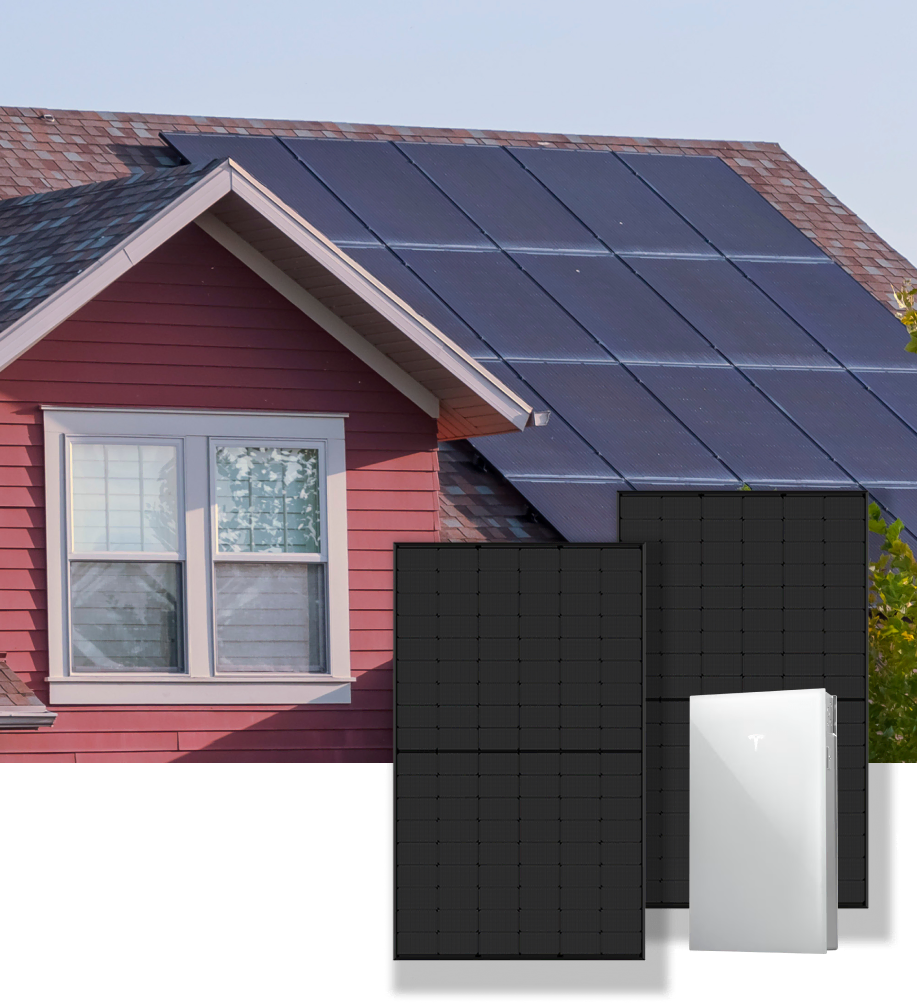“We recently had Shedd install solar panels and backup batteries at our home, and I couldn’t be happier with the experience and results! From the start, the team was incredibly professional, knowledgeable, and patient with all our questions. They walked us through every step of the process, helping us understand how the system works and customizing the setup to fit our specific energy needs.”

